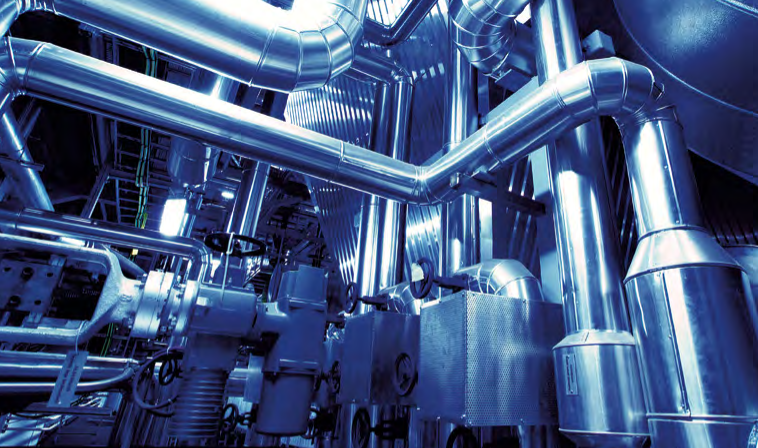
Plans are afoot for an initial public offering (IPO) of South Africa’s Engen, which might provide a rare bright spot in the country’s institutional outlook.
Bloomberg reported Petronas was planning an IPO for Engen, citing unnamed sources, with JPMorgan Chase lined up to assist. Petronas has a 74% stake in Engen, while the remainder is held by local groups, predominantly Phembani. The report said the IPO would provide funds for upgrade work at Engen’s refining facilities and expand its fuel stations. Engen has an asset value of 40 billion rand ($2.62bn), Bloomberg said.
A sale of Engen would come at a period when South Africa’s state-controlled energy corporations are struggling. PetroSA, the country’s NOC, is running out of gas for its Mossel Bay gas-to-liquid (GTL) plant and it may have to halt operations by the end of 2020.
Meanwhile, Eskom’s bonds have been classed as BB- with a negative outlook by Fitch Ratings. The ratings agency said the power producer faced “weakening revenue growth as well as margin expectations resulting from lower tariff awards, and higher primary energy costs than previously expected”.
One solution mooted for Eskom has been the privatisation of power plants, but this has been opposed by political groups. The ruling African National Congress (ANC) said this week that it would focus on restructuring Eskom. While the ANC appeared unwilling to commit to selling off assets, it has set out plans to break the company up into three parts and seek new financial partners. A plan for PetroSA to be broken up has also been put forward.
Meanwhile, Moody’s Investors Service is in the process of reviewing South Africa’s rating, with investors worried it will be cut to junk, which would spark forced bond sales.
PetroSA has been coming to terms with declining gas production in recent years. Efforts to tackle this issue through shoring up domestic supplies proved to be an expensive failure for the company.
Speaking at a recent EE and Nedbank-sponsored event, Globeleq’s John Smelcer noted the gas supply difficulties for the country, including the limitations of the cross-border pipeline from Mozambique and a lack of progress on LNG import plans. Smelcer took an upbeat stance on improvements in LNG market liquidity, backed by increased African supplies.
Qatar was said to have been interested in supplying LNG to South Africa. The International Finance Corp. (IFC) agreed to provide financial support for a study by Transnet in July, with an LNG regasification terminal proposed for Richards Bay. A competing plan has been put forward for regas work at Coega.
Total announced the Brulpadda discovery at the beginning of the year, which is expected to have a substantial amount of gas. The find is fairly close to existing infrastructure, which would allow it to be brought onshore close to the Mossel Bay plant.
Sasol is also facing a tough time. The company’s decision to invest in a multi-billion dollar ethane cracker in Louisiana put it under substantial pressure. Sasol has pushed back the reporting of its results for the year ending June 30 following concerns about “possible internal control weaknesses”, found during an independent review. It has said the latest its results will be announced is October 31.
